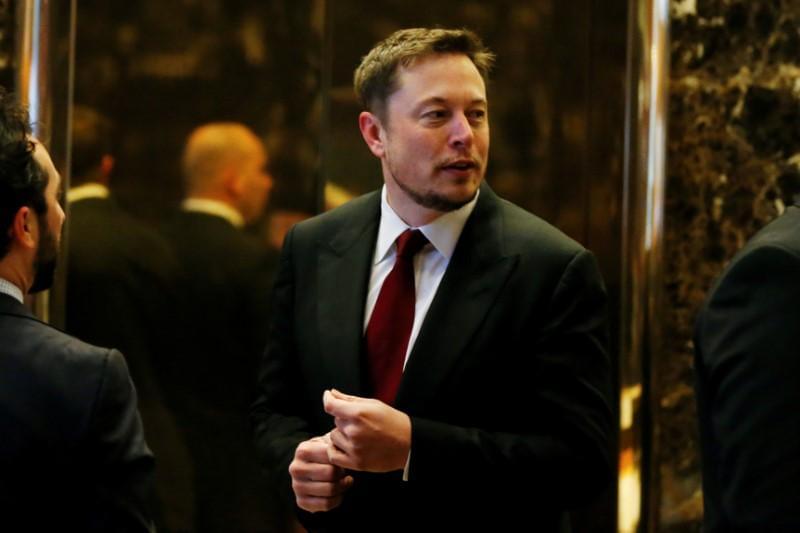The end of the world as we know it is near. And that’s a good thing, according to many of the futurists who are predicting the imminent arrival of what’s been called the technological singularity.
The technological singularity is the idea that technological progress, particularly in artificial intelligence, will reach a tipping point to where machines are exponentially smarter than humans. It has been a hot topic of late.
Well-known futurist and Google engineer Ray Kurzweil (co-founder and chancellor of Singularity University) reiterated his bold prediction at Austin’s South by Southwest (SXSW) festival this month that machines will match human intelligence by 2029 (and has said previously the Singularity itself will occur by 2045). That’s two years before SoftBank CEO Masayoshi Son’s prediction of 2047, made at the Mobile World Congress (MWC) earlier this year.






